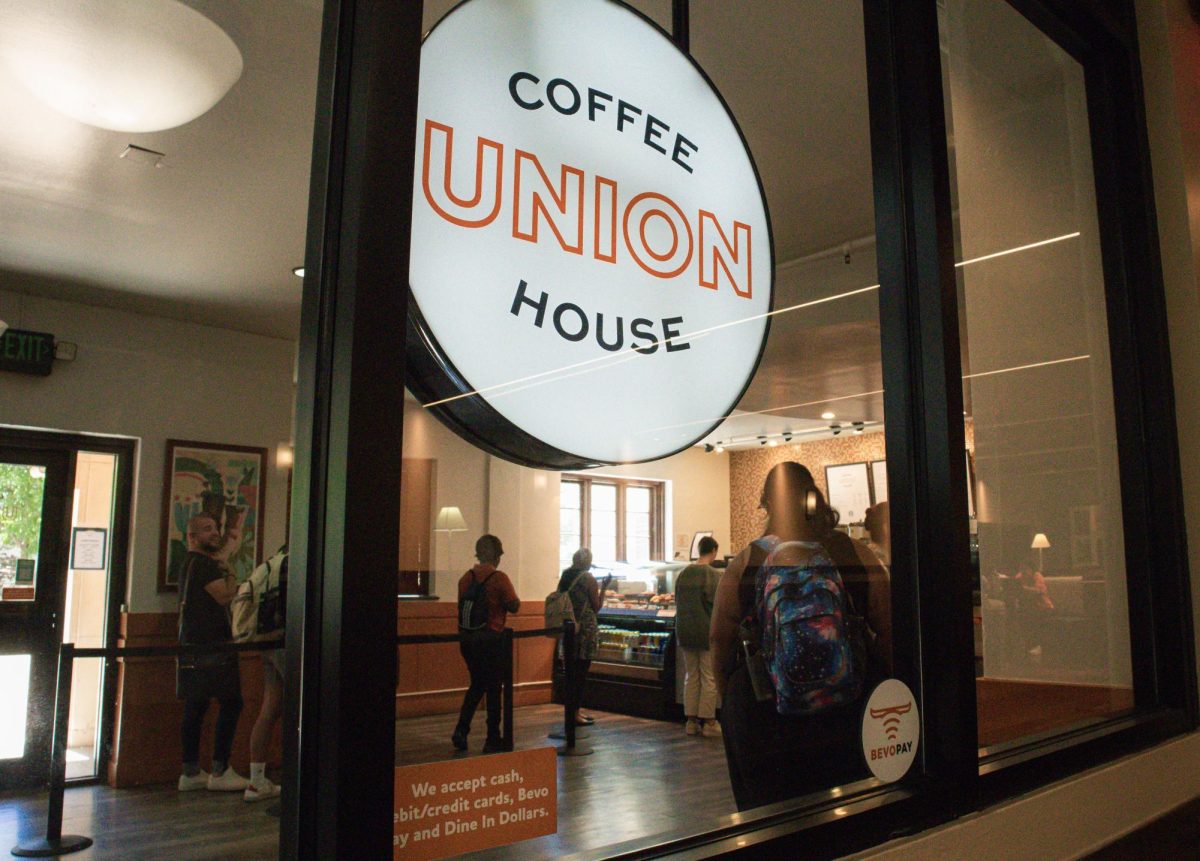A Dell Medical School and CommUnityCare Health Centers collaboration resulted in a doubled rate of colorectal cancer screenings at their clinics over the last year, said Eda Baykal-Caglar, directory of education and research for CommUnity Care.
Funded by the Cancer Prevention and Research Institute of Texas, the initiative focuses on mailing out a fecal immunochemical test that looks for blood in the stool, which can be an indication of colorectal cancer. The patients receive and return the tests to the clinic through mail, Baykal-Caglar said.
This project addresses the low screening rates of the patients at CommUnityCare, a federally qualified health center that focuses on caring for the underserved and those who have limited access to healthcare, said Alan Schalscha, the chief medical officer at CommUnityCare and associate professor at Dell Medical School.
“If you think about healthcare, the 10 to 15 percent of the care that we can affect happens when people are in front of us in the clinic,” Schalscha said. “The other 85 to 90 percent really is dependent on where people live, what they eat, their access to transportation, if they can afford their meds and all of those things.”
A positive result does not necessarily indicate cancer, but it means further diagnostics are necessary. Patients who test positive are then referred to doctors at Dell Seton Medical Center for a colonoscopy, Baykal-Caglar said.
“What we are doing is instead of bringing the patient into the clinic for care, we are sending a screening kit to their home, so they don’t need to go to the clinic," Baykal-Caglar said. “(The patients) don’t reach out to us. We proactively reach out to them.”
The project also has patient navigation, which helps bilingual patients with positive fecal immunochemical tests move to the next step of getting a colonoscopy, said Michael Pignone, chair of the department of internal medicine.
“This is really important, especially for vulnerable patients because they may run into all kinds of barriers that you or I might not suffer from as much, such as transportation, literacy, knowing how to navigate the care system and things like that,” Pignone said.
Pignone said this program makes it easy to get screened, without having to drive or make an appointment.
Pignone said the program has been successful because it has increased screening rates for patients between the ages of 50 and 75 — the age population recommended to screen for colorectal cancer — from 18.5 percent to 37 percent in less than a year.
“Right now we are sending 300 packages a week, and in total we have sent 16,000 total packages to patients, with about 3,000 results that came back,” Baykal-Caglar said. “We had around 150 positive results, and hundreds of those patients already had their colonoscopies and diagnostic screening.”





















